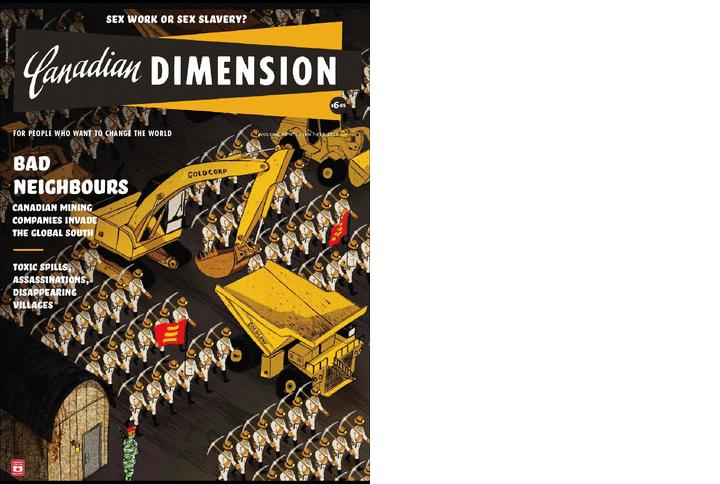The Globe and Mail is Canada’s national newspaper with the second largest broadsheet circulation in the country. It has enormous impact and influence on Canada’s political and business elite as well as the rest of the country’s print, radio and television media.
NORTH MARA, TANZANIA
The morning of May 16 began like many others. Carrying hammers and rucksacks, hundreds of Tanzanian villagers trudged to the mountain of waste rock at dawn expecting to make another illicit deal with the heavily armed police who protect it.
Two hours later, at least five villagers were dead and many others wounded – gunned down by police at the gold mine owned by a subsidiary of Barrick Gold Corporation of Toronto.
The shooting, the latest in a series of deadly incidents at the mine over the past several years, raises troubling questions about Barrick’s security agreement with a notoriously corrupt police force that routinely extracts bribes from the villagers who enter the North Mara mine to scavenge for traces of gold.
It also provokes questions about Barrick’s decision to keep operating in the anarchic conditions around its mining site, where violent confrontations are common, allegations of police abuses are frequent and deaths are inevitable.
During a five-day visit to the North Mara Mine and the surrounding villages, The Globe and Mail witnessed an atmosphere of conflict and intimidation. Interviews with injured survivors of the May 16 shootings and other witnesses suggest that most of the villagers were unarmed or carrying only stones when they were shot. The witnesses, along with the local police commander, have contradicted the company’s assertion that hundreds of people attacked the police with machetes, hammers and rocks.

























